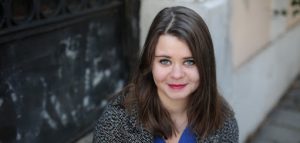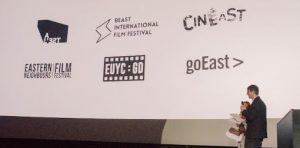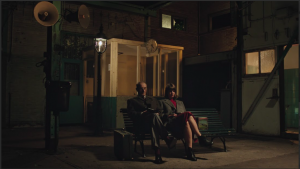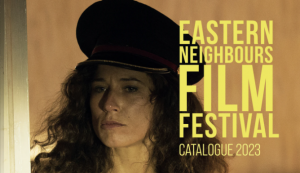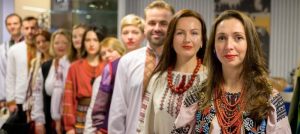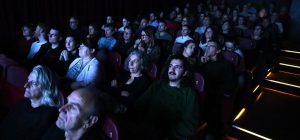
{{ newsTitle }} {{ newsVisible ? '✦' : '✧'}}
- New Talents Open CallEastern Neighbours Film Festival (ENFF) began in The Netherlands in 2008 with the idea to offer Dutch and international audiences a unique glimpse into the cinema of their neighbors from Eastern and Southern Europe. This annual event presents the most recent, exciting, and thought‐provoking films, from countries with small, but often powerful film industries, that… Read more: New Talents Open Call
- ENFF 2023 On Demand!Unable To attend the festival in person? No problem! From November 27th to December 3rd, we’re thrilled to bring you a curated selection of this year’s films available for online viewing! Catch our captivating Opening Film Ivan’s Land, or the touching Closing Film Seventh Heaven. Or explore a collection of shorts from the New Talents Competition! Follow along… Read more: ENFF 2023 On Demand!
- What’s up in Slovak Cinema? A conversation with Monika LostakovaWe talked with Monika Lošťáková about contemporary Slovak cinema.
- ENFF and the Eastern European Film Festival Network!The Eastern European Film Festival Network brings together five film festivals dedicated to promoting and showcasing Eastern European cinema, alongside one partner organisation.
- MasterclassesThrough these masterclasses we approach two memory in film from different angles: memories from a personal or collective recollection through archive material.
- Work in ProgressIn Work in Progress, emerging filmmakers and artists will present their works in development to the audience and engage in discussions with Dutch experts.
- Festival Timetable Available!
- Check out the catalogue for our 2023 edition!
- Music at ENFFEvery year, ENFF brings special musical guests who bring beauty to the program and further represent the rich cultures of their countries to a Dutch audience.
- Film MarathonJoin us for the Film Marathon, a new concept in which we merge two components, Short Films, Big Stories, and New Talents Competition into a whole-day screening of short films!
NON-REPRESENTATIONAL IMAGES OF WAR IN FILM
November 24th | 15:30-17:00 hours | Filmhuis Den Haag | Zaal 2 | Free entrance | Registration is mandatory via this link
Next to a selection of films, the ENFF organizes a masterclass and film debate on the position of art of filmmaking in the times of war with filmmakersfilmmakers from Ukraine and Bosnia and Herzegovina (Sophia Bulgakova, Marta Smerechynska, video messages from Alisa Kovalenko, Natalia Libet, Lidija Zelovic). Moderated by Asja Makarevic.
“The experience of war comes to the fore in cinema either through conventional representation or through what one could call, drawing on a concept of Gilles Deleuze, strategies of non-representation. By conventional representation I mean clichés and images with definite and stabilized meanings, which produce no further associations. Non-representation, on the other hand, refers to images that encourage attentive spectatorship, evoke various and conflicting experiences, and are open to multiple layers of meaning.
A range of post-Yugoslav films produced from 2001 provides spectators with what I call non-representational images of war. These images offer innovative approaches to the collective past, while simultaneously reframing contemporary experience. They appear to offer a more dynamic relationship to the past and the present, while reflecting complex processes of the formation of collective and individual identity, memory, guilt, and responsibility. The aim of this presentation is to show how contemporary images of war shape film aesthetics in post-Yugoslav cinema, and to what extent non-representational strategies and their reception contribute to the process of reconciliation in a post-conflict society.”

Dr. Asja Makarevic holds a BA degree in Comparative Literature and Library Science from the University of Sarajevo and a MA degree in Film Studies from the University of Amsterdam. She holds a PhD degree in Film Studies from the Goethe University, Frankfurt. Her research addresses the ongoing “post-war” condition of former Yugoslav countries and subsequent emergence of “non-representational” images of war in post-Yugoslav film. From 2009 till 2017 Asja managed Talents Sarajevo, the Sarajevo Film Festival’s networking and training platform for emerging film professionals from Southeast Europe and Southern Caucasus. In the past year she worked as a University Assistant in the Department of Media and Film Studies at the Vienna Film Academy, at mdw University for Music and Performing Arts. As of October 2022, Asja has been conducting her post-doc research at the Goethe University, Frankfurt.
Masterclass is supported by the Austrian Embassy in the Hague.



